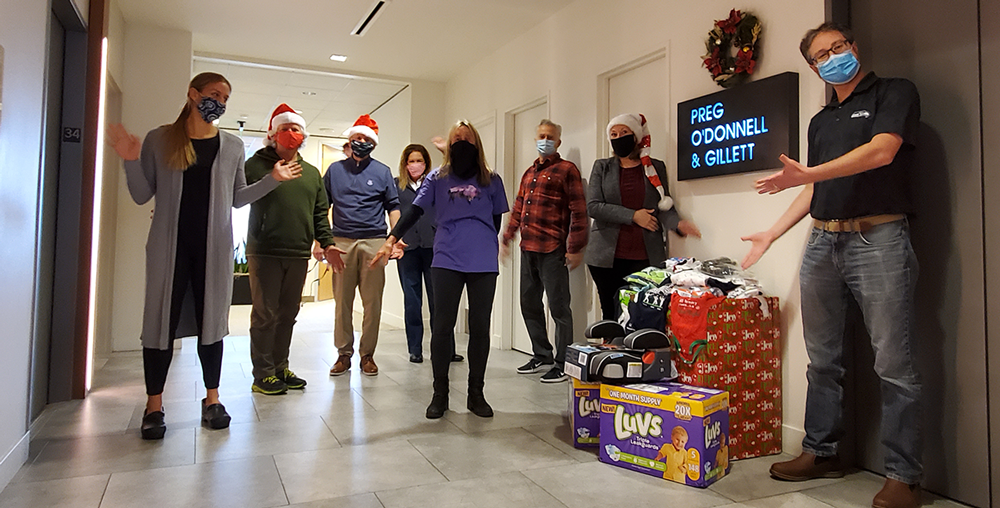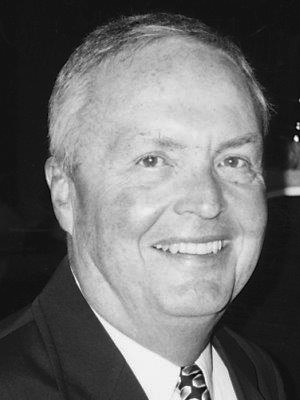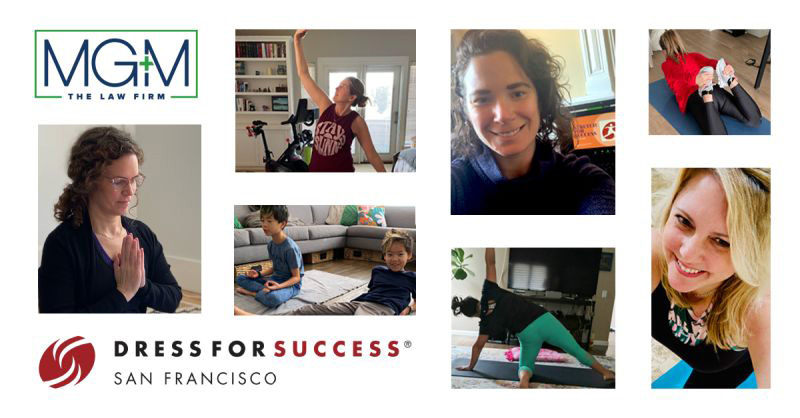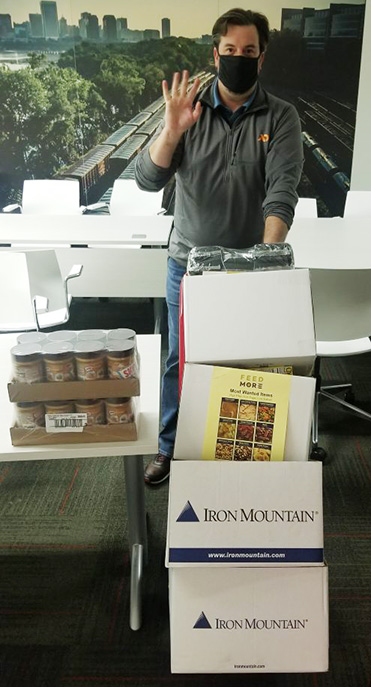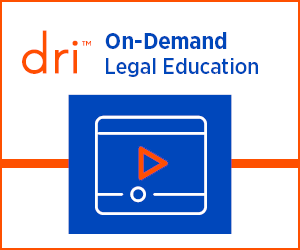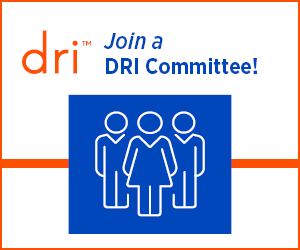This Month's Feature
#Networked: An Inspiration to Join the Community on LinkedIn

By Laura M. Gregory, Esq., CPCU
Looking back on 2020, I now wonder how I accomplished so much. I am now a published author of the bestselling #Networked—a book written by twenty women lawyers who met on LinkedIn. One of the themes of 2020 for me has been LinkedIn. Despite a pandemic, transitioning to work-from-home, a reelection campaign and vote (with social distancing), and all the other difficulties that have characterized 2020, I committed to continuing to post on LinkedIn at least five days a week.
Before the fall of 2019, I had never posted on LinkedIn. In 2018, I attended a conference call that was part of the “Opportunity Calling” series done by the networking subcommittee of the DRI Women in the Law Committee. Attorney Paula Edgar spoke about using LinkedIn for networking. She walked us through how to set up a profile, how to seek more connections, and other ways to up our game on LinkedIn. That is how I started. It took me more than a year before I posted anything. To be honest, it was daunting. It wasn’t something I had done in my twenty-five-plus years of practicing law.
In late 2019, I began to post on LinkedIn every business day. I chose to use LinkedIn as my personal marketing platform. I committed to post something current and informative—most often related to insurance—every business day. My goal was to expand my network. I hoped to meet new people and expand my knowledge of insurance. Ultimately, I hoped that by showing my expertise and providing relevant content, I could build a larger network of clients. I have done all of those things through LinkedIn in 2020.
As I write this, I am approaching 9,000 connections on LinkedIn. It still amazes me. A group of women who I met on LinkedIn are much of the reason for my success. In January of 2020, I was contacted by a woman attorney who had seen my posts and invited me to join a group she was putting together of women attorneys on LinkedIn, who would support each other to get the maximum benefit of LinkedIn. I joined this group, and it has changed my life. Twenty of these women each wrote a chapter in the book we have now published—#Networked. Each of us tells our story of COVID-19, LinkedIn, and life with everyone at home 24/7. I’m honored to have written a chapter in this book. These are amazing women. #Networked is an amazing book.
My #Networked story involves insurance and insurance law, which is my primary focus on LinkedIn, but I also discuss my mission to show others that insurance is important and not boring. Insurance is involved in virtually every part of our lives. We live in homes that are insured, drive cars that are insured, work for and interact with businesses that are insured. Health insurance has certainly become an even bigger issue as the country faces COVID-19. I post about interesting and unusual cases involving insurance, and I post about developments in insurance law nationally. I also started a series called Insurance 101 to provide my connections, including other lawyers and people involved in the insurance industry, with information that is often not specifically described, but is crucial to insurance.
I also share how I became interested in insurance law, an interest that continues, even after specializing in insurance coverage and bad faith law for more than twenty-five years. It all began the summer after my first year in law school, when I was hired as a research assistant by a law professor who specialized in insurance law. Then, the summer after my second year of law school, I worked for an attorney who did coverage work. I was hooked. Most lawyers find coverage boring and academic. I find it incredibly interesting! Each new fact pattern and new policy term is a new story, a new puzzle to figure out. Insurance coverage has a bad reputation; most people think it is boring. In addition to my desire to expand my insurance network and connections, I am also on a mission to educate people about insurance and to convince them that coverage isn’t boring.
You can learn more about insurance and me by reading my chapter (and by following me on LinkedIn), but also make sure to read each of the chapters, which tell the personal stories of my nineteen co-authors. Each one shares her personal story of the pandemic, networking, and what it means to be a female LinkedIn rock star.
I urge you to order a copy of #Networked and read the rest of my story—including my reelection to local office during the pandemic and my experiences working from home—and to read the stories of the nineteen amazing women from across the country, varying in age from their twenties to their fifties, with different legal practices or law related careers.
And, if you aren’t on LinkedIn—start today. There is so much you are missing. Set up a profile. Send me an invitation to connect and tell me that you read this article! I will be happy to accept your invitation!
 Laura Meyer Gregory, Esq., CPCU, is a partner at Sloane and Walsh LLP in Boston, specializing in insurance coverage and bad faith matters in the context of a variety of coverages and policies, litigating in courts throughout New England. She has written and presented on topics relating to insurance coverage and bad faith in the context of both personal and commercial insurance and first- and third-party claims. She is a member of the DRI Insurance Law Committee and several of its SLGs and is active in its Personal Lines SLG. Laura is also a member of the DRI Women in the Law Committee. She is active in the Massachusetts Defense Lawyers Association, serving on the board of directors from 2014 to 2020. She is also an elected official in Andover, Massachusetts, serving as a Selectwoman from 2017 to the present and chair for 2019–2020. Laura can be reached at LGregory@sloanewalsh.com or https://www.linkedin.com/in/laura-gregory/.
Laura Meyer Gregory, Esq., CPCU, is a partner at Sloane and Walsh LLP in Boston, specializing in insurance coverage and bad faith matters in the context of a variety of coverages and policies, litigating in courts throughout New England. She has written and presented on topics relating to insurance coverage and bad faith in the context of both personal and commercial insurance and first- and third-party claims. She is a member of the DRI Insurance Law Committee and several of its SLGs and is active in its Personal Lines SLG. Laura is also a member of the DRI Women in the Law Committee. She is active in the Massachusetts Defense Lawyers Association, serving on the board of directors from 2014 to 2020. She is also an elected official in Andover, Massachusetts, serving as a Selectwoman from 2017 to the present and chair for 2019–2020. Laura can be reached at LGregory@sloanewalsh.com or https://www.linkedin.com/in/laura-gregory/.
| This is the second installment in a three-part series from the DRI Women in the Law Committee, which previews three chapters—each written by DRI members—from the recently published book, #Networked: How 20 Women Lawyers Overcame the Confines of Social Distancing to Create Connections, Cultivate Community, & Build Businesses in the Midst of a Global Pandemic (available from Amazon.com). Each of these women share their struggles, celebrate their victories, and provide examples of how the pandemic has been not just a time of destruction and loss, but also a time for opportunity and growth. Click here to read part one. |








